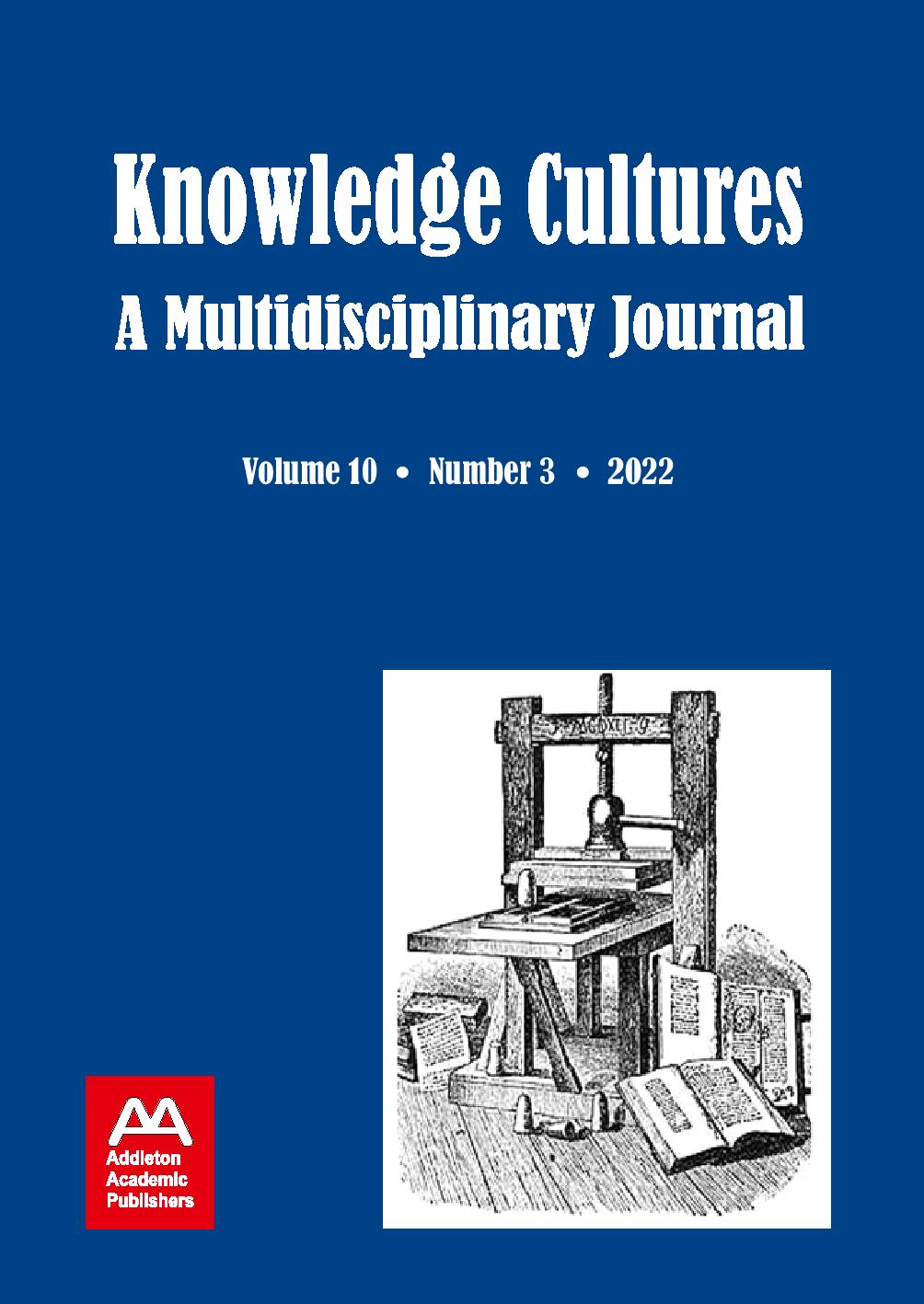Critical Theory Coalesce
Critical Theory Coalesce
Author(s): Alys Longley, Francisco González CastroSubject(s): Customs / Folklore, Cultural Anthropology / Ethnology, Culture and social structure
Published by: Addleton Academic Publishers
Keywords: artistic friendship; poetic drawing; border thinking; colaboración; border thinking/límite; manifesto;
Summary/Abstract: alys longley (Aotearoa/New Zealand) and Francisco González Castro (Chile) went to begin an article ‘discussing critical theory in a series of specific artworks, seeing critical theory as both a colonial enterprise and a tool for resistance to extractive, neoliberal power plays.’ They began by discussing specific artworks and ideas of critical theory. In the process of doing this, however, their conversations kept returning to their methodologies around knowledge creation – and, it seemed to them, that to (attempt to) resist an extractive, neoliberal approach to co-authorship, they needed to move their focus to principles underpinning their collaboration itself, to questions around international collaboration and how understanding can move in creative-critical research. Of course, the university is a powerful arm of what Walter Mignolo calls ‘the colonial matrix of power,’ and, as they considered how they could orient with the Global South as authors from Chile and Aotearoa/New Zealand, both with an interest in contemporary performance art and geopolitics, they found it vital to explore the labour of writing itself, as a form of cultural production that is laden with values, politics and the movement of both power and care. As two artist-academics coming to find a critical language-in-common, whose collaboration began with collaborating on artwork, the way in which trust, motivation, language, listening, practices of time and recognition of cultural distance played out in this project were pivotal in their approach to methodology and critical work. In the commitment to working with a South-South orientation across the Pacific Ocean, this article has transformed into a manifesto of shambolic form, which proposes a set of conditions, provocations, and principles for beginning to approach artistic research in relation to the Global South and critical theory. This article is in three parts. Part One is an introduction to our collaboration and the project that underpins this article. Part Two presents our shambolic manifesto, including discussion of key principles. Part Three presents an attempt to provide a concrete instantiation of our manifesto in a (series of) writing experiments engaging art making and the Global South, friendship, collaboration, and the movement of critical theory in our creative work.
Journal: Knowledge Cultures
- Issue Year: 10/2022
- Issue No: 3
- Page Range: 84-103
- Page Count: 20
- Language: English
- Content File-PDF

